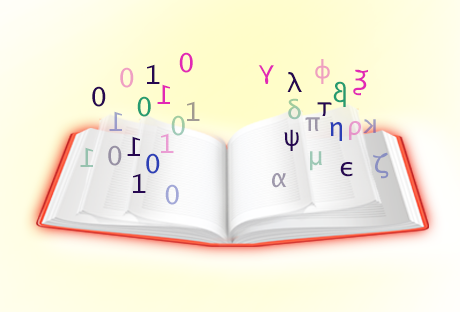Attention Deficit / Hyperactivity Disorder (ADHD) is one of the most common reasons of referral to child mental health services. Primary school teachers are frequent referral agents as the school setting is one where these children’s difficulties can be fully displayed at different levels (behaviour, academic achievement, relationships). After a diagnosis has been given, the co-operation of the child’s teacher is usually required in order for a therapeutic intervention to be implemented. Within the framework of the multi-level approach, teachers are considered as co-therapists and are aided to form a supportive environment around the child with ADHD where cognitive-behavioural techniques can be used in order to help him / her. This paper aims to present the most up-to-date evidence-based techniques a teacher can use in class in order to help a child with ADHD to limit the exhibition of his / her primary symptoms (hyperactivity, inattention, impulsivity), to prevent the development of secondary symptoms (e.g. behaviour problems and learning difficulties), and to develop positive behaviours (e.g. social skills). Finally, specific attention is given not only to the child’s difficulties but to the full development of his /her capacities and strengths and to the built of high-self esteem and a wide range of adaptation abilities. Implications of the role an efficient teacher can play in the trajectory of a child with ADHD are discussed.








